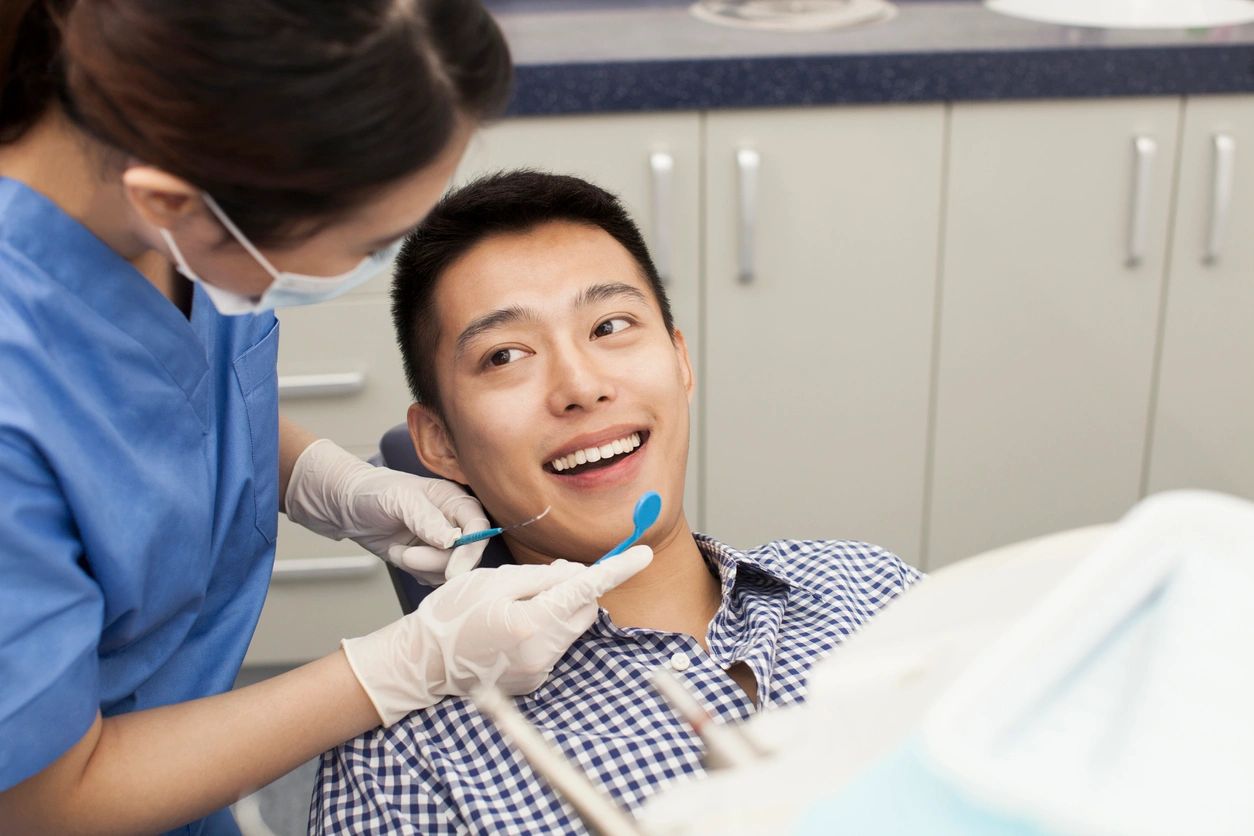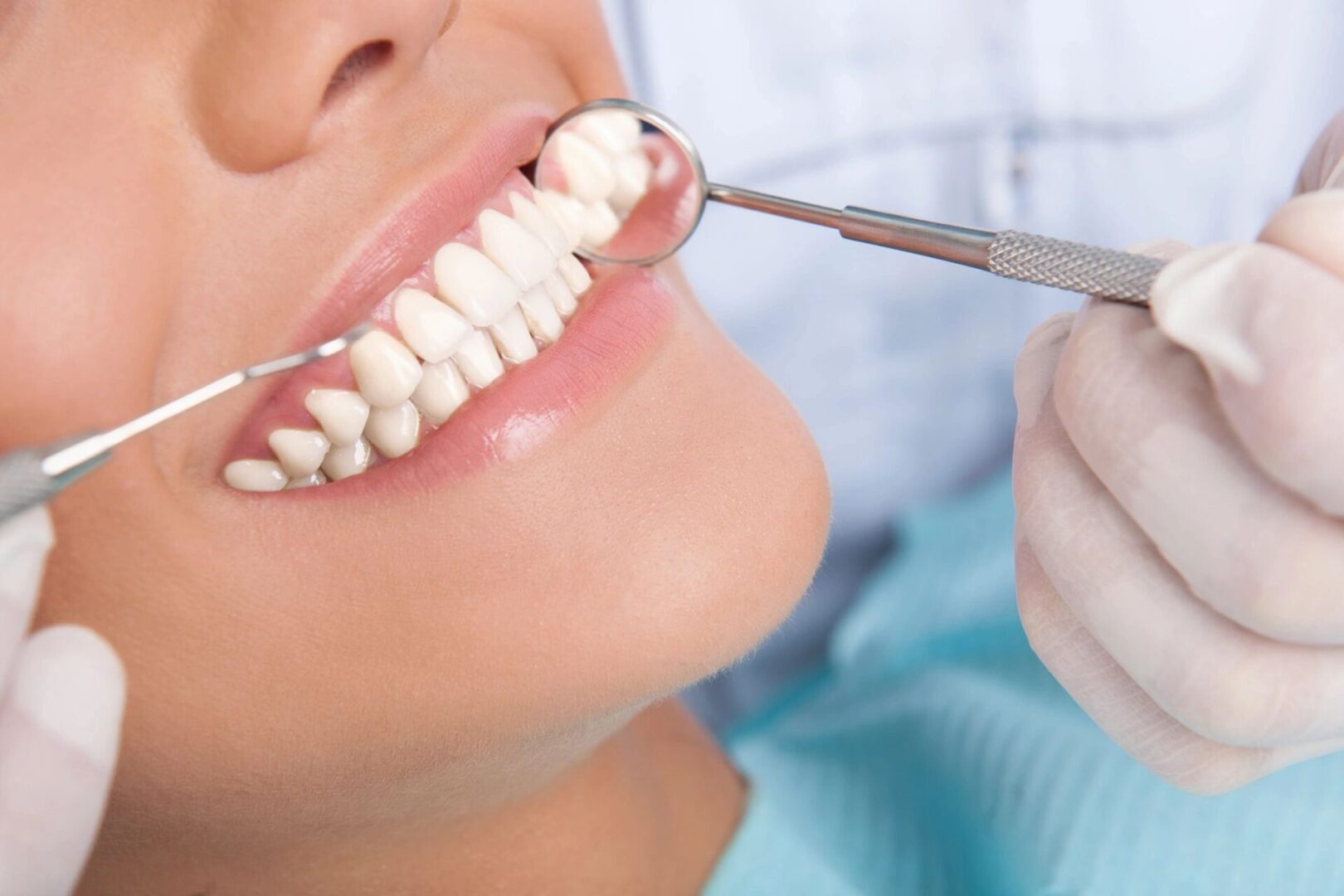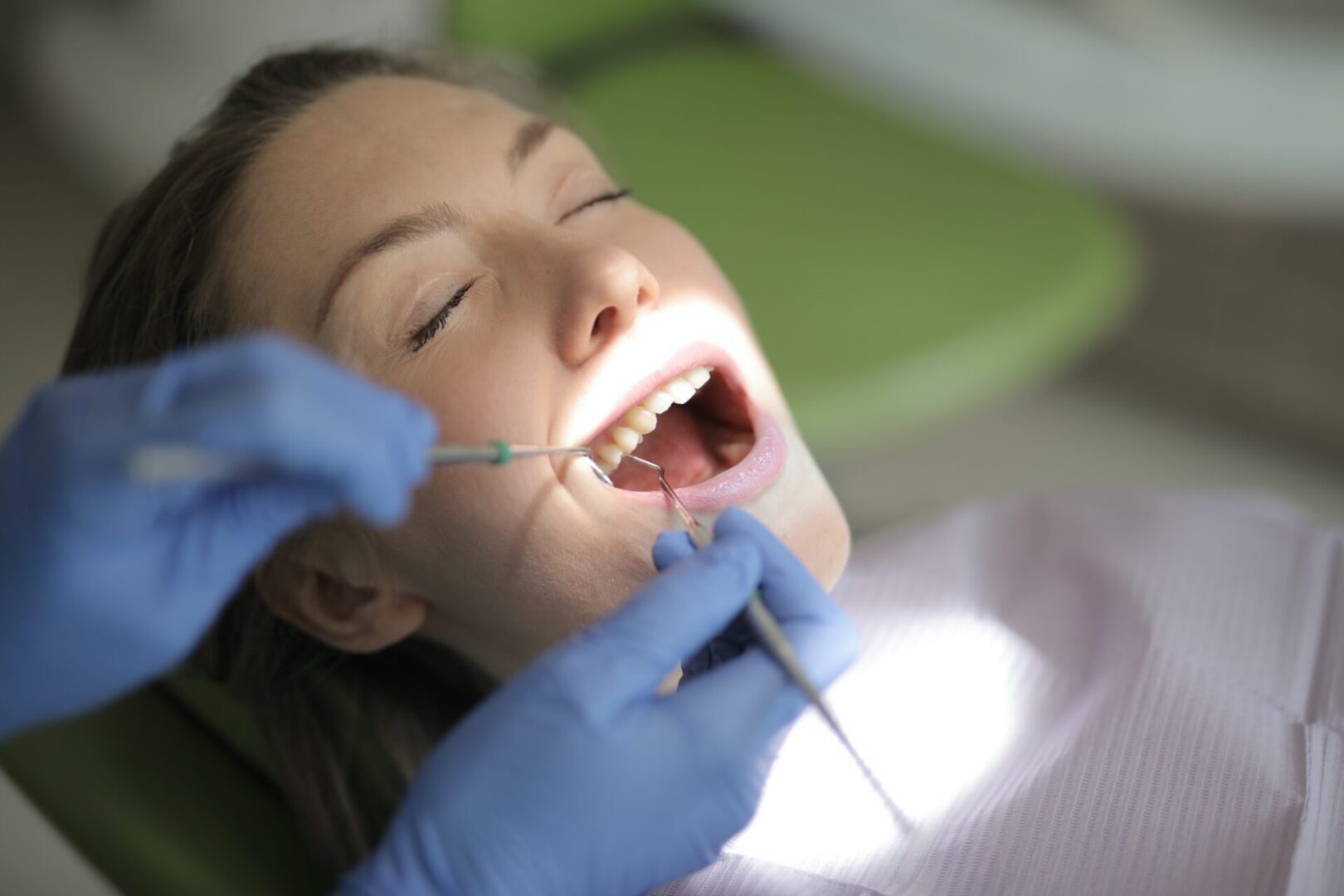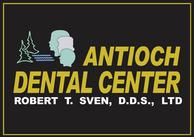Postoperative Procedures

Learn More About Our Clinic’s Postoperative Care
Care Following Oral Surgery
Proper care of the mouth after an oral surgery can reduce complications and speed up healing of the surgical area.
-
Protection of Blood Clot
Maintain gentle pressure by biting on the gauze sponge that has been placed over the surgical area or by biting on a tea bag, which has been lightly moistened and wrapped in a piece of gauze.
-
Do not rinse
or use a mouthwash for at least 24 hours. After 24 hours, it is recommended that you rinse with warm salt water. The use of commercial mouthwashes during the healing period is not encouraged. Do not swallow rinses.
-
Discomfort
Experiencing some discomfort following dental surgery is normal. If medication has been given or prescribed, take as instructed.
-
The toothbrush
may be carefully used in the area of the mouth not involved in the surgical procedure. A clean mouth heals faster.
-
Eating
Adequate food and fluid intake following surgery and/or general extractions is most important. If you find that eating your regular diet is too difficult, you may supplement your diet with liquids such as Carnation Instant Breakfast (CIB - any flavor). The high quality and nutritional value of CIB is important for prompt healing.
-
Avoid
all excessive activity. Don’t pick at the surgical area; don’t consume liquids through a straw; avoid alcoholic beverages; and refrain from smoking until healing is well established.
-
Sutures
If they were used, do not fail to return for their removal on the appointment date given.
-
Control of Swelling
Gently apply an ice pack to the area for periods of 20 minutes on, 10 minutes off. This procedure should continue for the first 24 hours only.
-
Allergic Reactions
For generalized rash and itching, call the dentist immediately.
Feel free to call at (847) 395-3250 if any questions arise.
Patient Instructions After Scaling and Root Planing
These are some helpful suggestions that will increase your comfort and help you receive the maximum benefit from periodontal treatment.
- Tenderness is normal. To reduce tenderness and promote healing, every 1 to 3 hours, rinse with warm salt water: ½ teaspoon salt in a 4-ounce glass of warm water (1-3 days as needed).
- Avoid brushing or flossing the treated areas for 12 hours. However, after 12 hours, it is very important that you continue to brush and floss well. Please be careful and use the toothbrush, which is either a soft or ultra-soft brush, given to you by the hygienist.
- Tylenol and Ibuprofen may be used as recommended for discomfort.
- Avoid popcorn and other foods that require excessive chewing, are sticky, crunchy, or coarse (3-5 days). Some foods slow down or interfere with healing. Highly nutritious food is necessary for the healing process.


- Tooth sensitivity is normal and temporary. You may use a desensitizing toothpaste such as Sensodyne. Note: After about four weeks, you should stop using the desensitizing toothpaste and go back to a regular brand. If still sensitive, a prescription fluoride toothpaste may be necessary. Please contact your hygienist.
- Gently massage the areas that were treated with a clean finger. This will increase circulation and promote healing. Please contact our office should you experience prolonged bleeding or any other problem during the healing process.
Denture Expectations and Tips
Day 1
Because your dentures or partials are new, they may feel large in your mouth, and your lips may feel like they're being pushed forward. You may experience a slight gag reaction, but don't worry. These sensations are to be expected and will go away as your mouth adjusts.
When it's time to eat, take it easy on your mouth. Start by eating soft foods like fish, eggs, chopped meat, and cooked vegetables. Take small bites, avoid biting with your front teeth, and chew slowly.
Days 2 to 14
At this point, your mouth is still getting used to your dentures or partials, so increased levels of saliva and some sore spots are normal. To reduce the amount of saliva, try to swallow more frequently. If soreness persists for more than a few days, contact your dentist.
Days 15 to 90
At the third stage, from 15 to 90 days after you get your dentures or partials, you should notice that wearing your dentures or partials longer makes the transition easier. You should also notice decreased saliva levels and more ease with eating and speaking.
At this point, you should gradually try harder to eat vegetables, meats, and fruits as you feel more comfortable. If your partials or dentures crack, chip, break, or become loose, call our office. Don’t try to fix or adjust them yourself.
